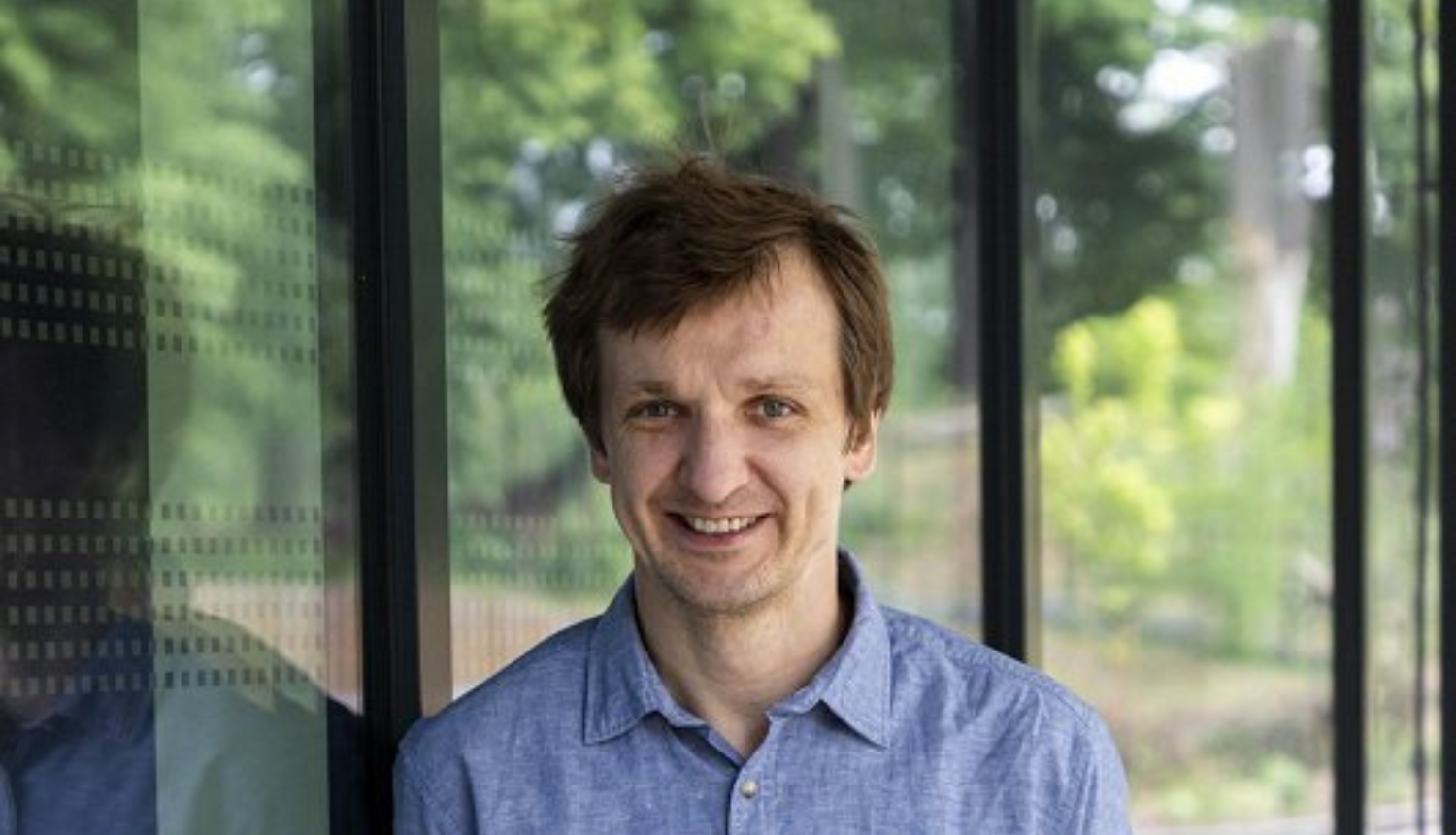Why care about nature, what is the culture of the inhabitants and the connection with the community? Latvian researchers have been looking for answers to these and other questions for 12 years in Latvia and abroad, talking to people about edible mushrooms, berries and wild plants. An international symposium on the observations and conclusions will be held in Riga at the beginning of October, which is organized by researchers from Riga Stradiņš University (RSU) led by sociologist Miķelis Grīviņš.
"How a person walks in the forest and how it can help us solve various problems. And we see that it can. It's just that those problems are not dressed up in simple language." The tradition cultivated over thousands of years – gathering nature's bounty in the forest – can solve social, personal, economic and natural problems. That's what Miķelis Grīviņš says, a tenured professor at RSU. This position allows him to devote all his work to research without lecturing students.
Research on wild products began in 2012, when local scientists focused on food supply chains, observing that residents are very active in selling blueberries during the post-economic crisis.
"We found that the collection of blueberries is much, much higher than you might think, and that the volumes that are taken out are much higher. Then we can look at what kind of impact it has on the community. We have very interesting results, because in principle the supply chain between agriculture and wild products is not very different from the moment you get the product. If you have agriculture, then you have a clear farm where you go to see what happened there, then it happens somewhere in the forest and no one sees it. But it is the invisible part that very fundamentally changes how the practice relates to the community. If it is seen, then the state can easily regulate it. If no one sees it, then the community has to start regulate. And this means that completely new functions appear for the community, which until now she may not have understood how to perform, but also new opportunities appear for her," says the RSU researcher.
After interviewing more than 100 people and about the same number of local merchants who process and sell wild products, it was concluded that in Latvia in recent years, for example, picking mushrooms is no longer a priority for residents.
The respondents admitted that until recently they collected a variety of mushrooms, but lately they preferred easy-to-recognize and easy-to-prepare ones.
"People need to think more about the environment. They need to live closer to the environment, because we know that there are a whole bunch of challenges that go along with the fact that the environment and nature are changing around. In the long term, we are looking for ways to help people reconnect with nature, to create some kind of responsibility for it. Collecting it [wild plants] is a very clear way to reduce one's fear of what is. If you go into the forest and if you stay near the trees, the moment you see something, then maybe you also feel more responsible for it and then it's easier for you to understand why you don't do something in your everyday life or you make a decision: "I'll ride a bike or I'll eat something else", because you simply understand what consequences it can have leave to the place you go to every day," says Grīviņš.
By talking to residents, the researchers hope to start discussions on other pressing topics, such as why we should care for nature and think about the future. They also want to understand why the people of Latvia collect something in the wild and what is their connection with the community.
"Wild products are simply the one stimulus that helps build this community. Also, by talking about it, we help bring back the very complex issues. It's not just about wild products. It's about community. It's about how a person feels about itself. It's about where a person gets their well-being, [where] they spend their free time. And by helping people to understand what's important to them and why they do it (..) We see a lot of the unexpected thing just because this system is built a little differently than the traditional system. You know, the food supply chains are all described from A to Z, and then suddenly one part falls out and it forces people to think differently. The interesting part is when you allow people to think differently, you see a series of unique solutions emerge that are socially unexpected that we can learn from and that help us better understand what's going on in different risk situations traditions, we can borrow something that helps us better understand the challenges we face," the researcher said.
Latvian researchers have concluded that in foreign countries, such as the Netherlands, Germany and Great Britain, residents acquire knowledge of forest berry, mushroom and plant collection at later stages of life. Abroad, people read wild products less often and think less about the consequences of their actions.
Grīviņš also concludes that different practices create different effects on the world.
On October 3, researchers from different countries will share their experiences and traditions at the Agenskalns market in a symposium where they will analyze the connection between wild products and the modern lifestyle, look for new ways of commercializing wild products and solutions for their processing.
Photo: RSU
